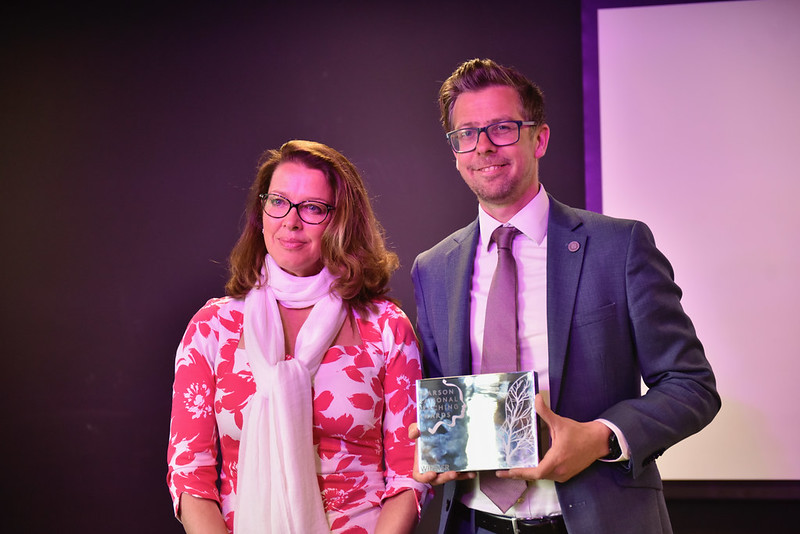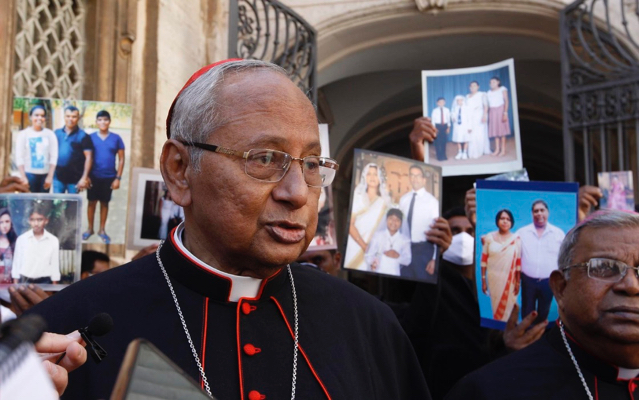Religious leaders in Sri Lanka have urged the government to pass a constitutional amendment to curb the power of President Gotabaya Rajapaksa, as the island nation faces its worst economic crisis since independence. The president has been fighting for his political survival after the resignation on 9 May of his once-powerful brother Mahinda as prime minister. Cardinal Malcolm Ranjith, Archbishop of Colombo is among those who would like to see an all-party interim government that is competent and corruption-free.
Cardinal Ranjith reported last week that, people are unable to get essential goods and services." He added that, "the Church stands with those who are suffering," as Caritas networks distribute food rations, including sugar, flour and rice. He continues to appeal for peace as clashes are breaking out across the island nation. He condemned “barbaric acts, which are totally unacceptable in a civilised and democratic country,” after peaceful protestors were attacked by pro-government mobs. Mary Lucas, CAFOD’s Country Representative for Sri Lanka, said Cardinal Ranjith, “has joined peaceful protesters on the streets along with many other bishops, priests, and nuns and they have also been visiting the injured in hospital."
Sri Lanka has defaulted on its debt for the first time in its history and a chronic shortage of foreign currency and soaring inflation have led to a severe shortage of medicines, fuel and other essentials.
Many of the nation’s 22 million people feel Sri Lanka’s collapsing economy is as much a product of its incompetent and corrupt politics as of global economic trends. Tax cuts drained government coffers as did government spending on Chinese-led costly infrastructure projects. COVID-19 hit the important tourism industry and rising oil prices emptied foreign exchange reserves. Foreign currency ran out in April, leading to food shortages, power cuts and on-going demonstrations. Payment on £40 billion of debt to China, Japan and other foreign lenders was suspended.
Sri Lanka’s new Prime Minister Ranil Wickremesinghe has said that about £64 billion is needed urgently to help provide essential items, but the country’s treasury is struggling to find even a fraction of tha. He has warned of hardship worsening over the coming months.



 Loading ...
Loading ...